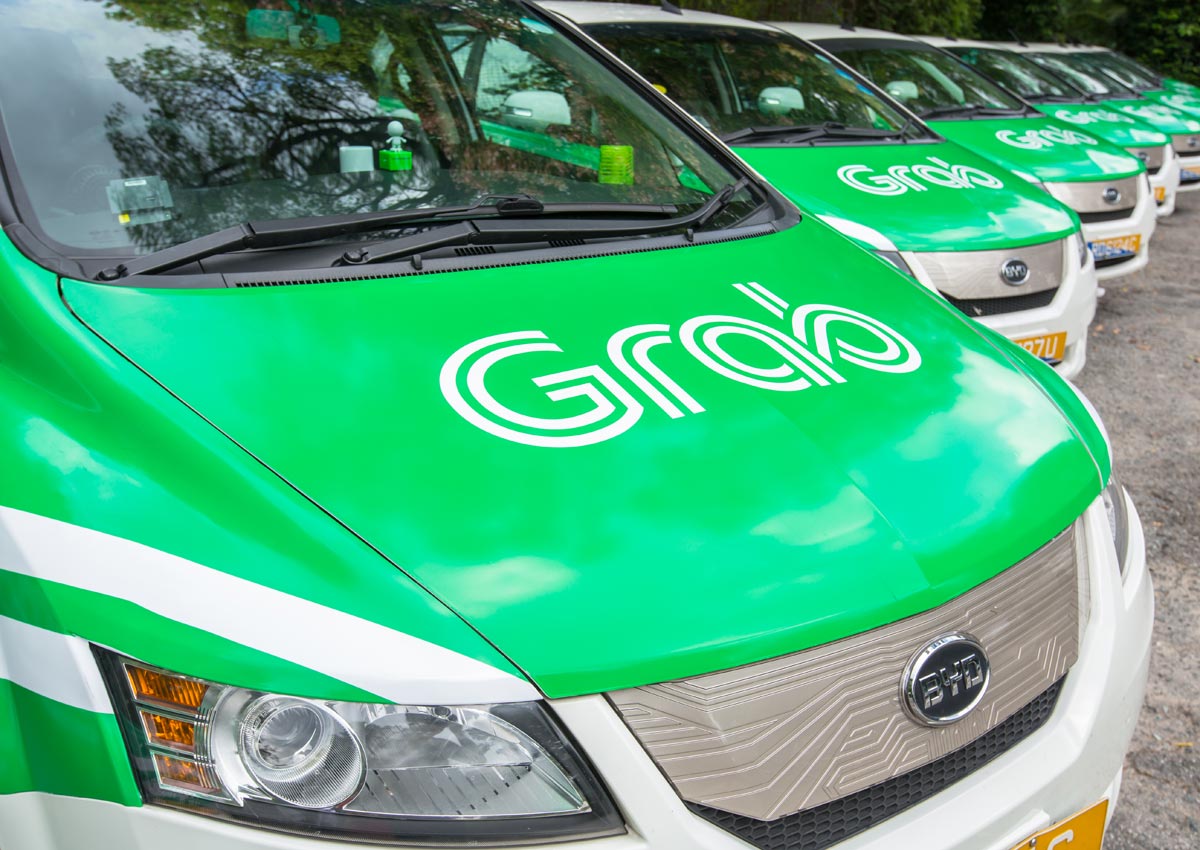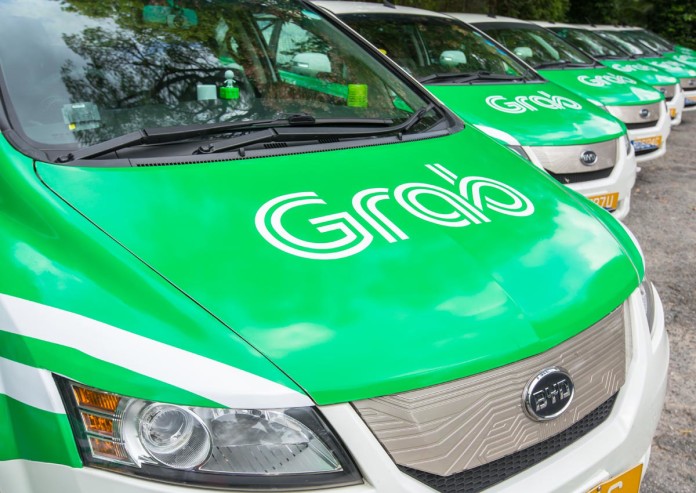In a year when the main train operator was privatised, and ride-hailing apps revolutionised public transport, the bigger surprise for some was over a more private form of transportation – cars and the COE or certificate of entitlement premiums required to register them.
Why? Because they didn’t fall when they were supposed to.
2016 started out with the usual litany of MRT and LRT train disruptions but long-suffering commuters got some good news in July when the government announced it would take over SMRT’s rail assets for S$991 million under the New Rail Financing Framework.
This would lead to better service, said the transport minister, because trains could be added more quickly in response to demand, and existing rail assets would be replaced and upgraded in a more timely manner.
With the transfer of assets, the Land Transport Authority (LTA) would own the operating assets and share in an asset-light SMRT Trains’ risks and rewards.
The aim is to allow the operator to achieve an average Ebit (earnings before interest and tax) margin of 5 per cent.
There was more good news for commuters a few days later, when the government said it would buy SMRT out for S$1.2 billion in a deal which valued the company at about S$2.5 billion.
Temasek Holdings, the majority shareholder which already owned 54 per cent of SMRT, had structured the takeover offer as a scheme of arrangement rather than a general offer.
The rationale was it wanted to take SMRT private rather than increase its stake.
And the reason for privatisation?
To allow SMRT to better fulfil its role as a public transport operator “without the pressure of short-term market expectations”, thus enabling it to focus purely on rail service and minimise problems ranging from power faults to phantom signals.
Apart from rail, another kind of disruption was going on with ride-hailing apps.
Uber and Grab continued to strengthen their grip on the new age economy by upending the old taxi transportation model with their near-instant service.
But the activities of these cash-rich companies also moved beyond the public transport realm and encroached into car ownership when they began bidding for COEs for their private-hire business.
Through car rental companies, thousands of COEs were snapped up for brand new Japanese cars, which were then leased out to drivers at daily rates.
Then in May, the three-year-old loan curbs were eased, allowing buyers to borrow up to 70 per cent of the car price and pay it back over a maximum of seven years, instead of five.
As a result, COE premiums remained firm in a year when they were supposed to be on the downtrend because of expanding COE quotas.
For 2016, the total car registrations are expected to surge nearly 50 per cent from 2015 to an estimated 85,000 units.
The figure is still lower than many in the motoring industry had expected because of the high number of COE revalidations.
Many car owners have chosen to renew the COEs of their existing vehicles for another five or 10 years, thus whittling away at the size of subsequent COE quotas.
Still, COE premiums could yet soften given the extended economic gloom.
Especially for the big car category.
There is evidence that the mass luxury segment is coming under pressure from poor market sentiment, with the situation appearing more dire in the super sports car and ultra-luxury limousine business amid the continuing weakness in oil and gas, investment banking, and property.
But premiums for the small car category seem to be supported by strong replacement demand.
Or the deep pockets of the private-hire fleets.
The industry cannot no longer be certain about the latter as the LTA moved to block information regarding participating bidders in the twice-monthly COE tenders earlier this year.
When it comes to COE premiums, however, given the way things have turned out this year, it is probably safe to say not many will stick their necks out to predict where they are headed in 2017.
samuelee@sph.com.sg
This article was first published on December 22, 2016.
Get The Business Times for more stories.
Image:

Category:
Publication Date:
Thursday, December 22, 2016 – 14:00
Keywords:
Send to mobile app:
Byline:
Source:
Story Type:
Others







